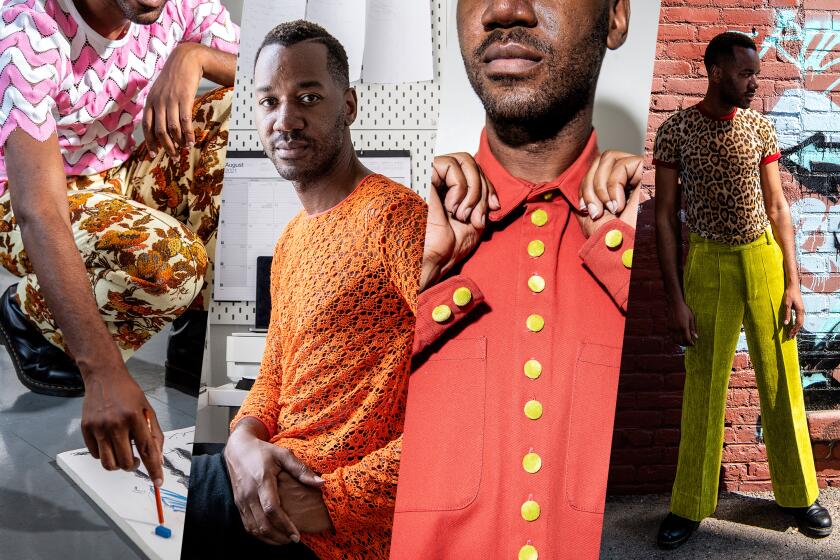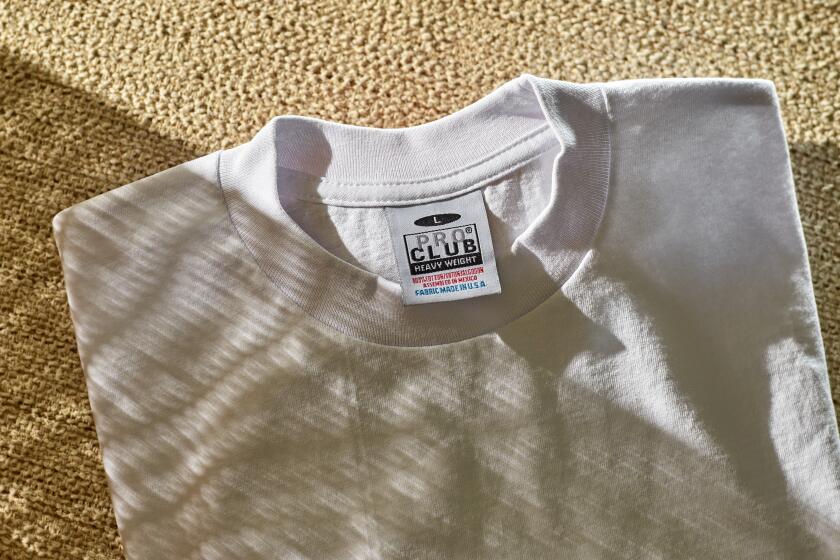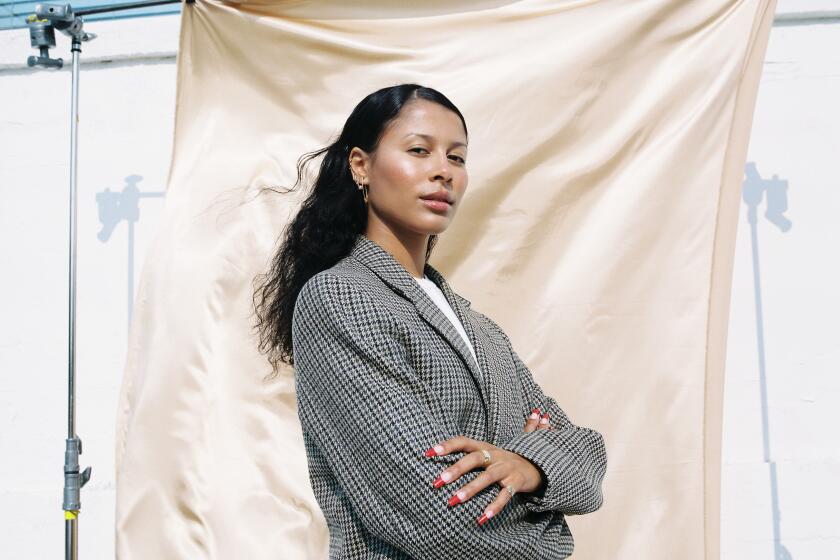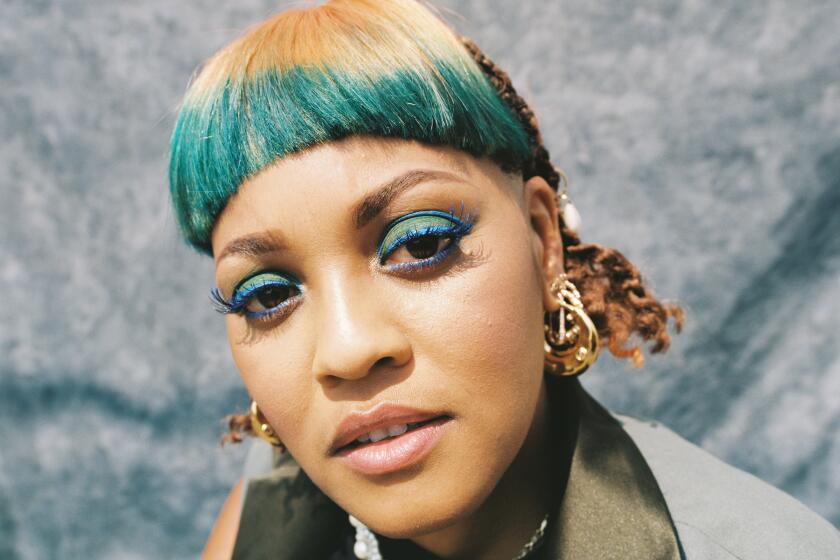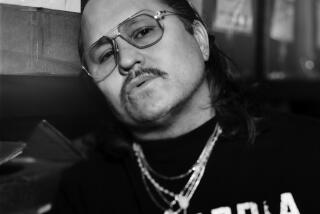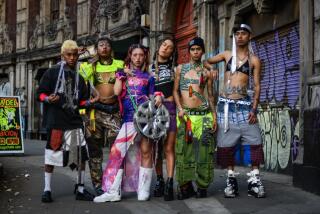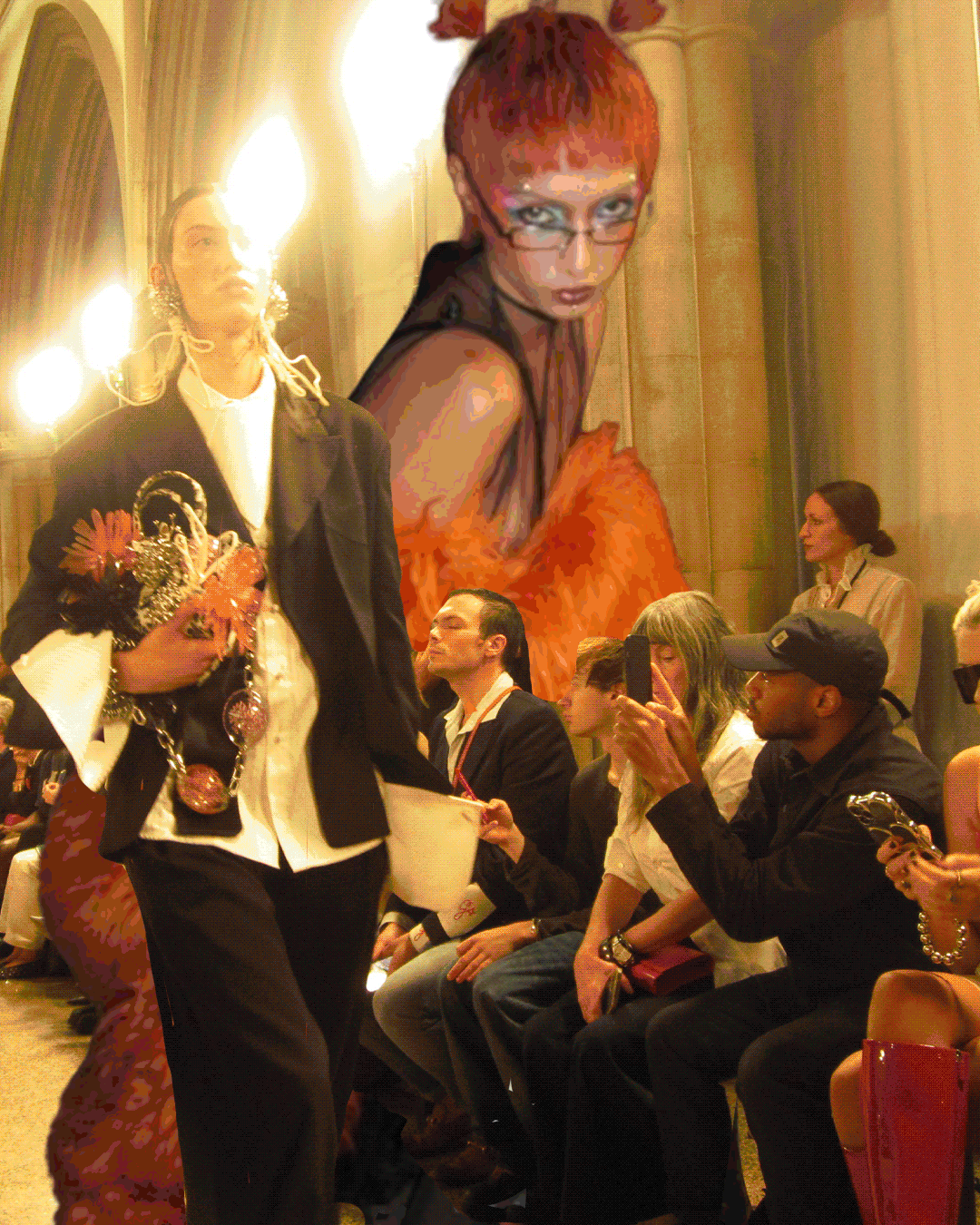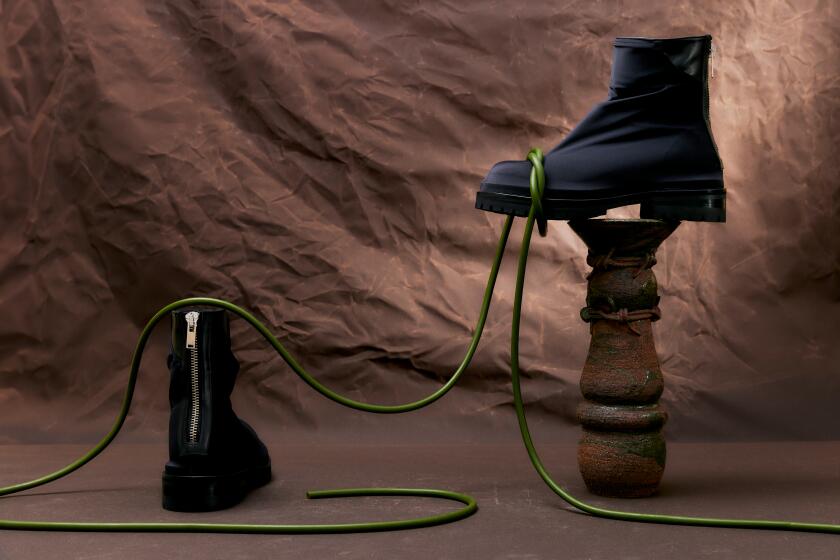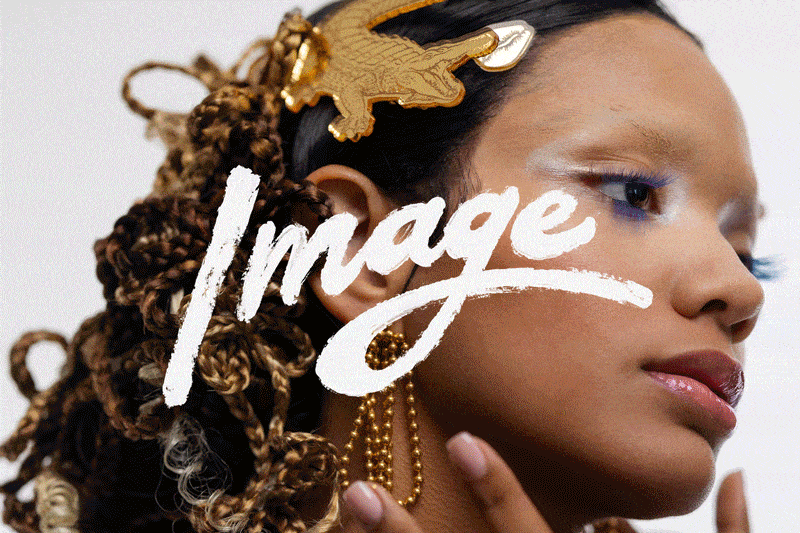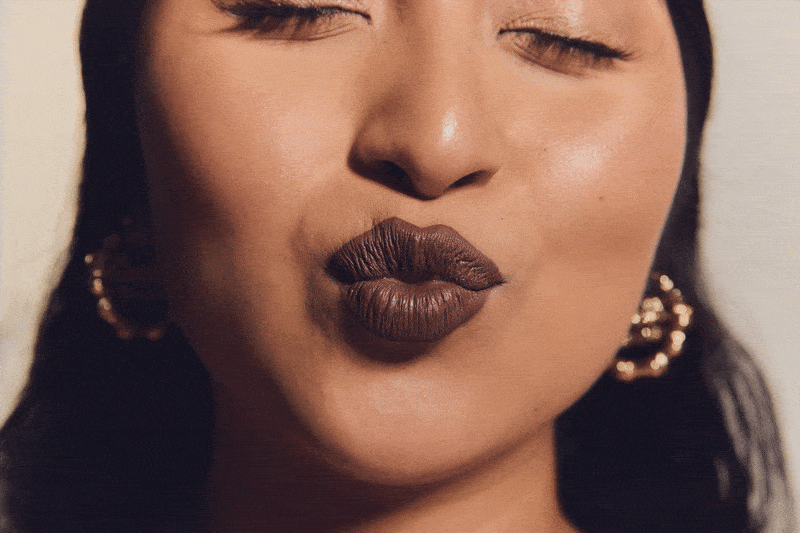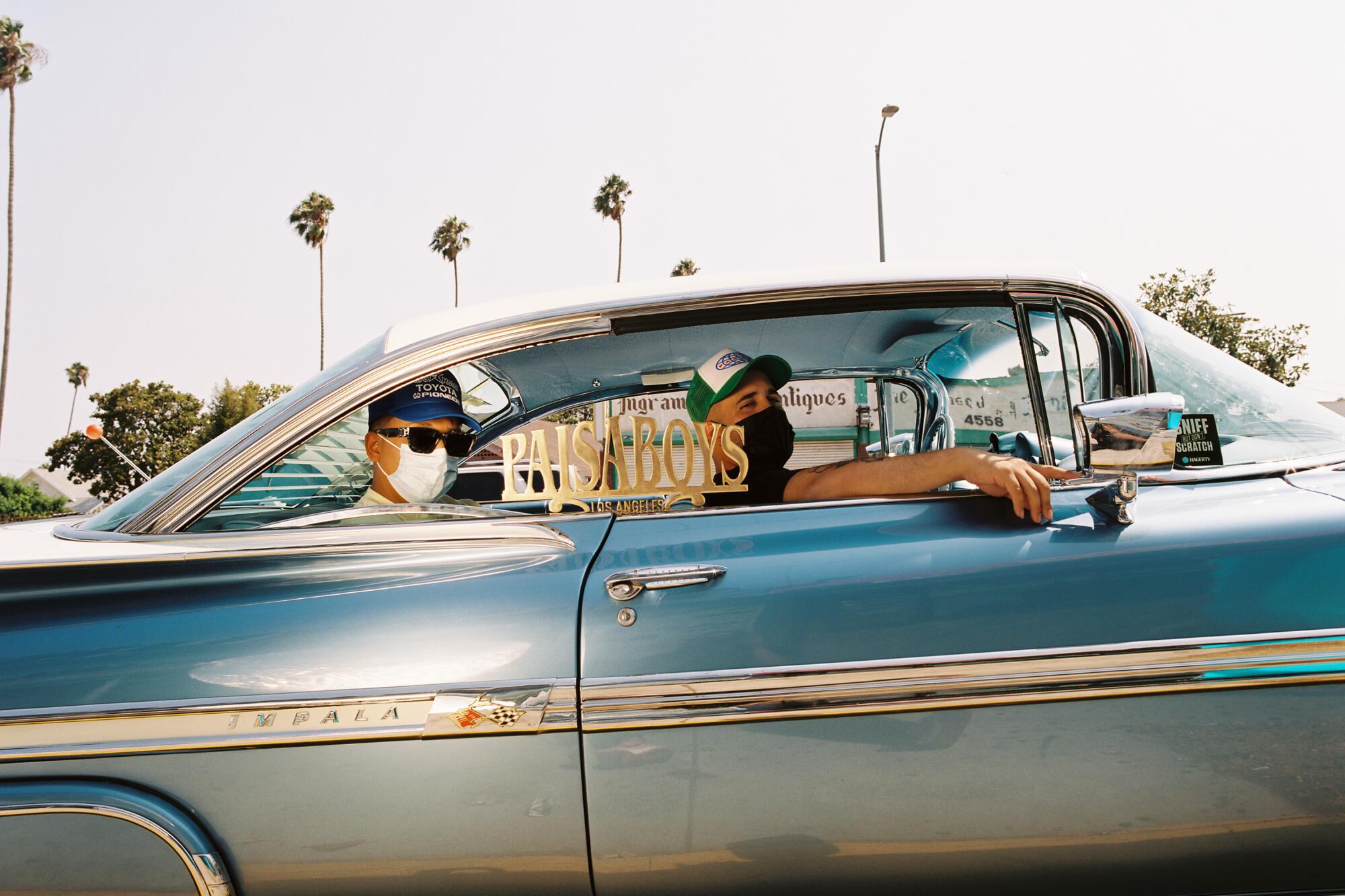
This is part of Image Issue 4, “Image Makers,” a paean to L.A.’s luminaries of style. In this issue, we pay tribute to the people and brands pushing fashion culture in the city forward.
In February, L.A. kids in masks flocked to Mid-City, queuing up in front of a low-slung building on Washington Boulevard with a yellow, white and red sign instantly recognizable to anyone who spent summers in Mexico with their cousins: OXXO. Yes, OXXO, Latin America’s ubiquitous and iconic convenience store. The first place you went when you crossed the border to stock up on the good Ruffles. A place known by every Mexican American, either by firsthand experience or lore.
OXXO doesn’t actually exist in L.A. But Paisaboys had erected a fabricated version as a pop-up — a tongue-in-cheek way to drop the streetwear brand’s OXXO collection, which paid homage to the store’s significance. The drop was one of Paisaboys’ many successful attempts at an inside joke. The T-shirts sold out almost instantly.
Paisaboys is a brand built on innuendo. Its ethos might best be described as a hint — a highly specific yet deeply relatable nod toward The Culture. It works precisely because it is without explanation. If I’m wearing a Paisaboys design, I know what’s good. If you recognize it, then so do you. There’s a mutual understanding.
The references are plenty. An early piece that paid homage to a notorious bar in Oaxaca called King Kong. A dedication to “El Rey del Corrido,” the late Chalino Sánchez, in the style of the old-school designs you’d get screenprinted at the swap meet to honor your deceased loved ones (think lots of loud imagery: doves and gold pendants). A recent collaboration with the artist Speak featured a remixed image of the Bimbo bear holding a plate of cash with a cigar between its blinged-out fingers.
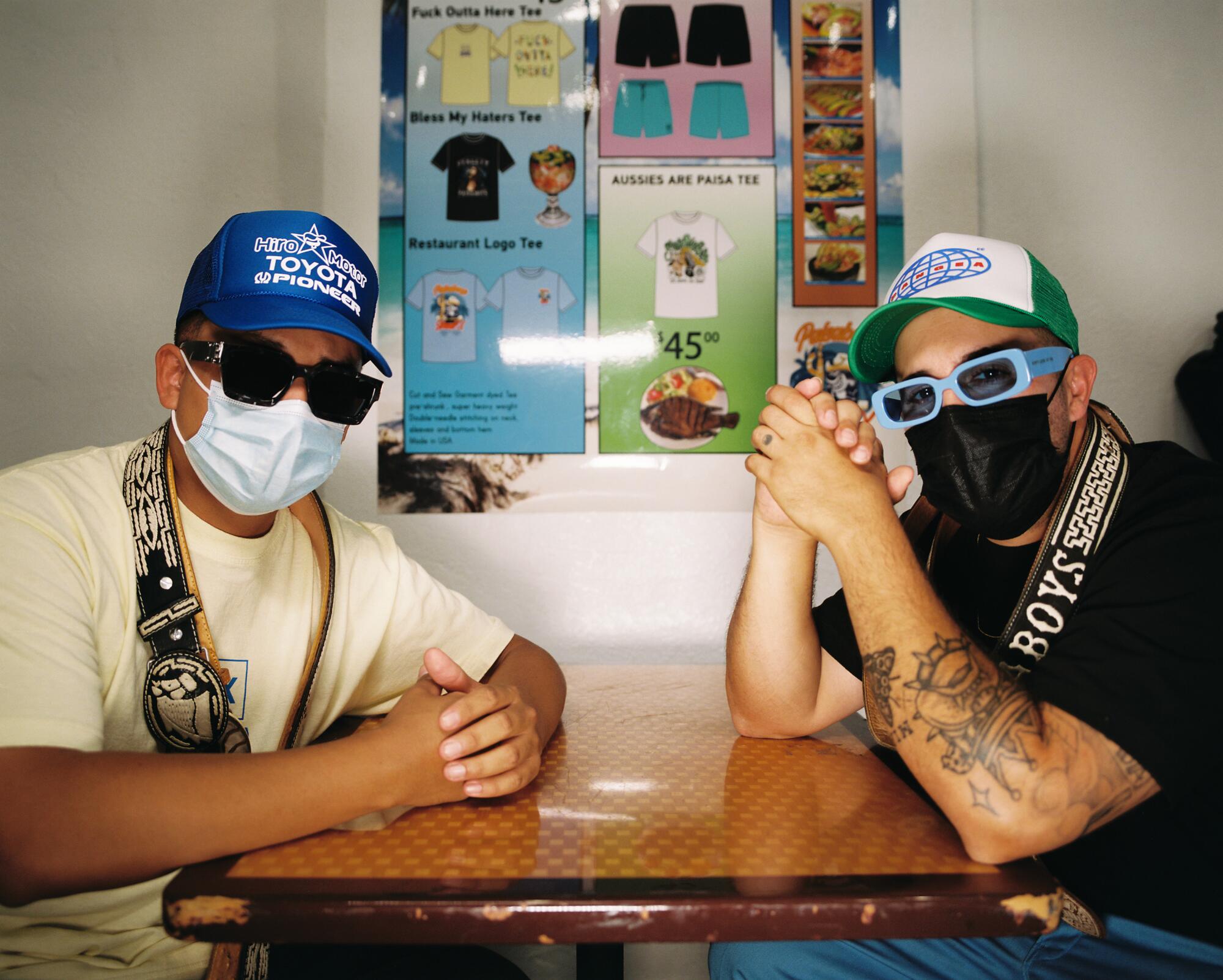
The Paisaboys cult has been going strong since 2016, when the brand was created by two West L.A. kids, Joey Barba and Javier Bandera. “Immediately people told us, ‘This is dope. You guys are touching on something that is deep,’” remembers Barba. “This is what the people want — to feel that nostalgia, that nuance, that inside joke that you know when you’re growing up as a Mexican in L.A.”
It’s not just Mexican Americans or Latinos rocking the gear, though. The Hundreds co-founder Bobby Kim recently wore a Paisaboys T-shirt while serving as guest judge on HBO Max’s “The Hype.” L.A. rapper Buddy has been seen rocking a Paisaboys design onstage more than once, including a T-shirt that says “ILLEGALALIENS” in bold neon letters across the front. Paisaboys leaves no topic — from neighborhood politics to immigration — untouched. The deep-rooted tension between Salvadoran and Mexican communities in L.A.? “THE BEEF IS OVER,” Paisaboys proclaimed on its Unity T-shirt last year, with a sharp redirection: “ENEMIGO COMUN” (common enemy) next to a photo of Trump.
Image Makers stories
Jason Parham on the white t-shirt that changed L.A. fashion forever
Supervsn is creating streetwear from its highest self
Sami Miró has the secret to making sustainable fashion work
Black Market Flea is the connective tissue for Black-owned fashion in L.A.
Who will survive the skinny jeans wars in Northeast L.A.?
Barba and Bandera aren’t interested in long elucidations. Why would they be? Their pieces sell out quicker than it would take anyone not in the know to perform a Google search.
“We’re unapologetic,” Bandera says. “People relate to that. Even if you don’t get the specific reference in a design that we’re releasing on a shirt, it’s the attitude. It’s the fact that we’re not going to conform.”
::
Barba had the idea to put the phrase “Paisaboys” on a T-shirt back in 2015. He was working for his dad’s gardening company — still does — and was inspired by his co-workers, undocumented men who came here from Mexico to make money or start new lives, but remained deeply connected to their homeland. He wanted to find a way to tell their stories. “All these people have these stories that you don’t even hear about,” Barba says. “They’re actually amazing tales of family, coming to this country, success, setbacks and comebacks.”
A mutual friend put Barba in touch with Bandera, a Cal State L.A. alum who was starting a digital garment printing business while working at a footwear boutique. Barba and Bandera clicked immediately. They bonded over the shared experience of waking up at the crack of dawn to do manual labor jobs with their immigrant dads all over L.A. Bandera’s father, who came to this country from Mexico City in the 1980s, ran a mobile car washing company. Barba would assist his father, a native of Jalisco, with the gardening business in Venice.
From his downtown Los Angeles studio, Kenneth Nicholson shares how a rich inner life can inform fall and spring outerwear.
“Seeing how the wealthy homeowners talked to our parents, the way they treated them, created a a lot of frustration,” says Bandera. “That’s why a lot of our T-shirts are very outspoken.”
But most of all, Barba and Bandera connected over a word: paisa. Literally translating to “countryman,” paisa is, within Latino culture, a sort-of insult with an aesthetic: gaudy, extra, camp. Crocodile cowboy boots with that extra-long pointed toe, bedazzled belt buckle the size of a fist, 28-inch rims on a Lincoln Navigator.
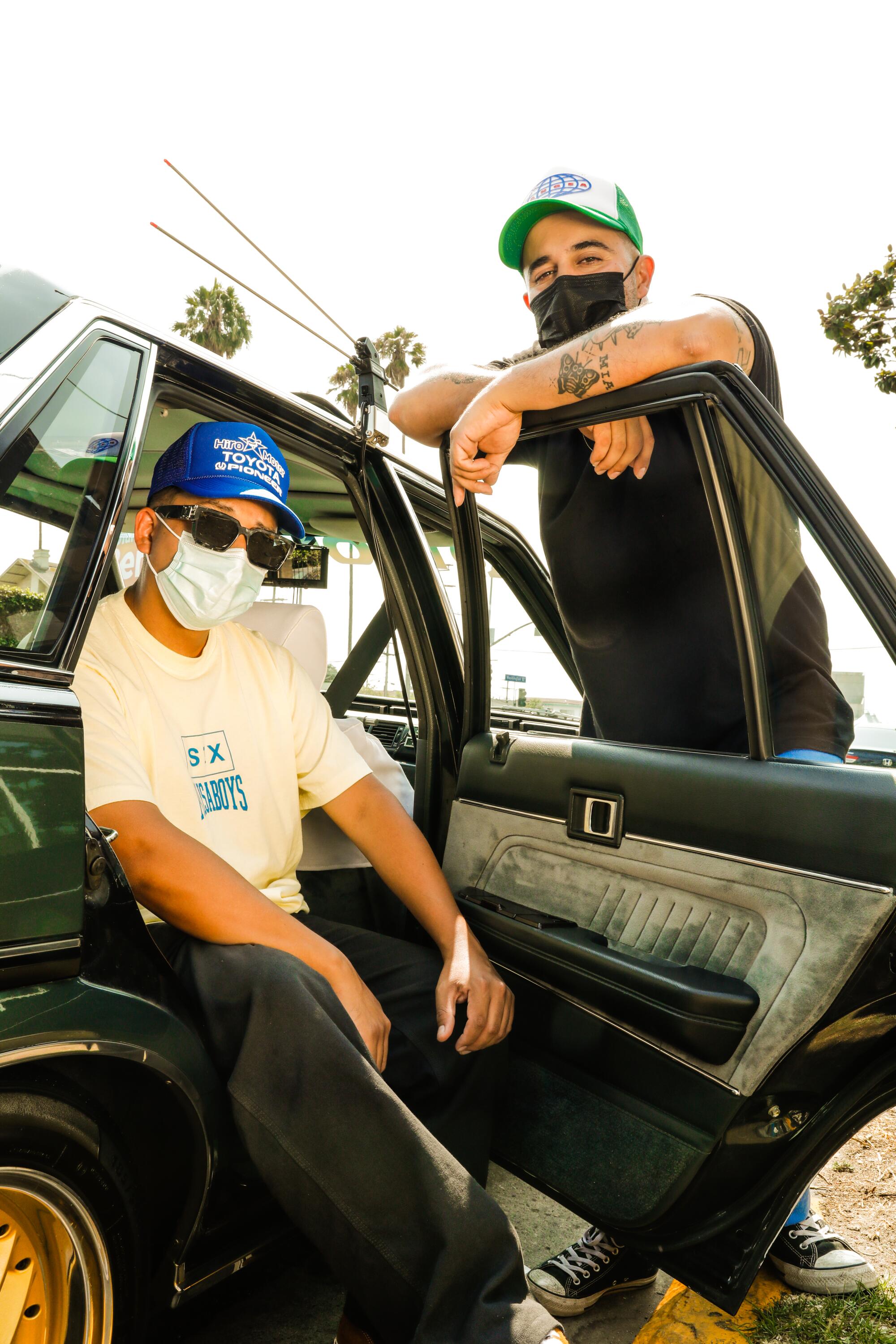
Barba and Bandera were excited by the idea of reclaiming it. Bandera’s dad, however, not so much. “My dad was like, ‘Paisa? Porque estas poniendo eso en la playera? Eso es un insulto,” recalls Bandera. (Why are you putting that on a shirt? That’s an insult.) “He was pissed.” The challenge was to see that word change, Barba says. “If we can make people go from like, ‘Damn, that looks paisa,’ to ‘Yo! You look paisa, bro. That looks tight.’”
“That’s probably been the most rewarding thing,” Bandera adds. Now, his dad is rocking his Paisaboys hat.
Despite the success of Paisaboys, Bandera and Barba still work their day jobs. Bandera now runs his own print shop, Product of L.A., while Barba still wakes up at the crack of dawn to garden with his dad. He’s his father’s only son, and is expected to take over the business.
“I will literally be gardening tomorrow,” Barba says, laughing. Never mind that the world is starting to catch on. In 2019, one of their collections was being sold at Fred Segal. Soon, they’ll release their first collection at Nordstrom. “There’s been situations where I have my big hat on and my blower and I’m taking a call from Nordstrom. They have no idea.”
This balance is necessary for both of them to retain the perspective that makes Paisaboys what is it: authentic, unpretentious, real, intimately connected with the experience of the people who wear their clothes.
“This is a day off for us,” Barba says of making T-shirts. “You want hard work? Go trim a tree. ... Everything we do is lighthearted and not that stressful. The reality is life can be a lot harder.”

